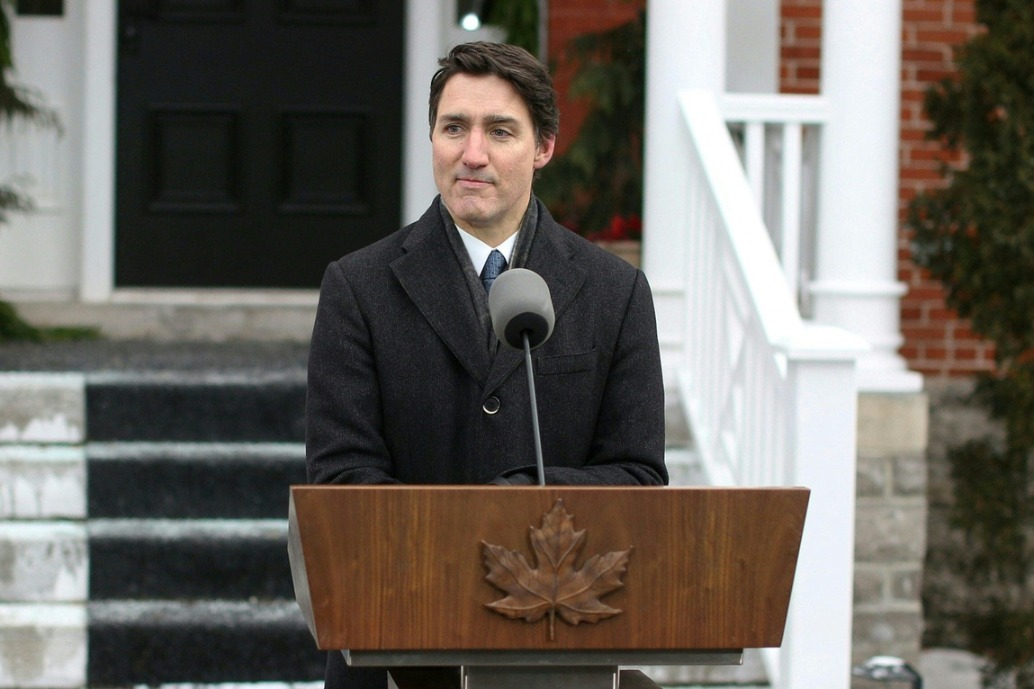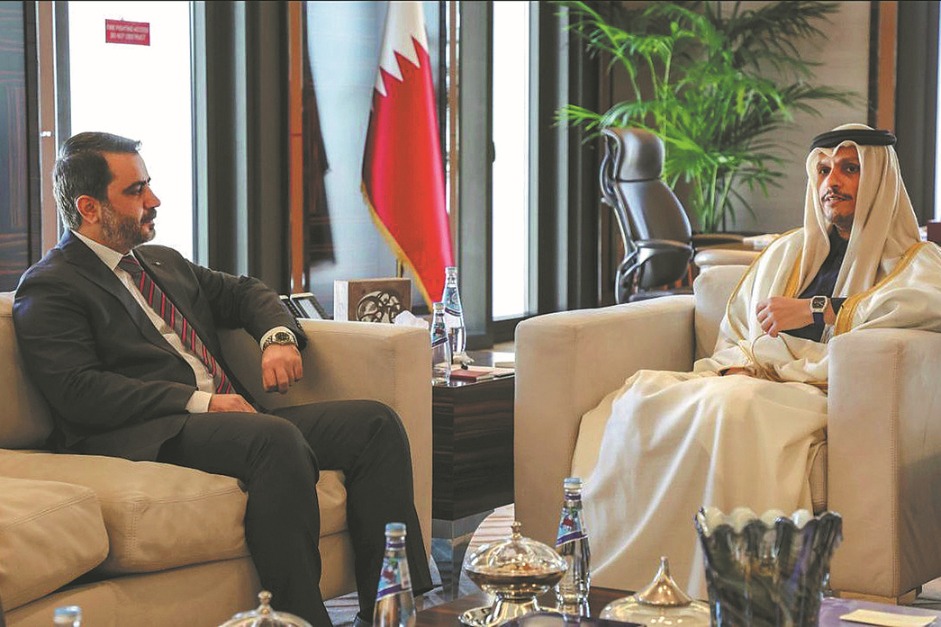Peace still elusive as fears grow of another catastrophe


Negotiations have so far failed to produce peace one year after the conflict in the Gaza Strip broke out. Meanwhile, concerns have also been raised about Lebanon's future and whether the country could become another Gaza.
Hezbollah and Israel have exchanged nearly daily fires on the border area since the outbreak of this round of Israeli-Palestinian conflict, which started on Oct 7 last year. But the fighting has intensified since the Israeli military shifted its focus from the Gaza Strip to Lebanon.
Since Israel launched ground operations inside southern Lebanon on Sept 30, the Israeli military said on Saturday that its forces had killed more than 400 Hezbollah fighters, including 30 commanders of various ranks.
Amid escalating situations, world leaders, including United Nations Secretary-General Antonio Guterres and French President Emmanuel Macron, have warned against seeing Lebanon becoming a new Gaza.
Asked about whether it is a real possibility, Mohamad Bazzi, a Middle East studies expert at New York University, said in an interview with NPR that the tactics Israel employed in Lebanon resemble those in Gaza.
"We're seeing Israel using the same kind of brutal tactics it deployed in Gaza, massive bombardment of civilians, displacement of civilians. And we also see (Israeli Prime Minister Benjamin) Netanyahu eviscerated one of the last supposed red lines that (United States) President (Joe) Biden had tried to impose on Israel, which was to prevent Israel from expanding the Gaza war into Lebanon," he said.
Li Xinggang, a researcher at the Institute for Studies on the Mediterranean Rim at Zhejiang International Studies University, told China Daily, "By saying 'another Gaza', it is more like a warning to Israel in not repeating a catastrophic humanitarian disaster in Lebanon."
The fighting in Lebanon is causing another humanitarian disaster, as the total number of displaced people in Lebanon because of Israeli airstrikes rose to nearly 1.2 million.
"The spillover of the Gaza crisis has caused a serious humanitarian tragedy; at the same time, it has sparked a reflection on the consequences of war for all humanity," said Zhang Yuan, a professor at the Middle East Studies Institute of Shanghai International Studies University. "The global anti-war sentiment has a positive effect on ending fighting."
Over the weekend, thousands of protesters took to the streets in major cities around the world demanding an end to bloodshed in Gaza, Lebanon, and the wider Middle East.
For many people, especially in countries that experienced colonial rule, the West's perceived failure to defend the human rights of Palestinians has exposed its "hypocrisy", analyst Karim Bitar said in an interview with Agence France-Presse.
Experts also said the yearlong conflict reflects the challenges facing global governance as Israel repeatedly ignored calls from the international community and the UN for a cease-fire.
At a Security Council briefing on Sept 26, Fu Cong, China's permanent representative to the UN, said, "The Middle East cannot afford another war."
As a permanent member of the Security Council, China has always adhered to a fair position since the Gaza conflict broke out, actively participated in the resolution of the Israeli-Palestinian issue, and contributed constructive efforts to promoting the Israeli-Palestinian peace process, including internal reconciliation in Palestine, Fu said.
China's proposed resolution for conflict is with great respect for the sovereignty, security and national dignity of the countries involved, a primary difference from that of the West, Zhang said.
"Besides, the unity of the Islamic world, the unity of Arab countries and the unity within Palestine are all crucial for promoting the Israeli-Palestinian peace talks."
In July, in a vital step toward strengthening internal unity within Palestine amid the conflict, Palestinian factions Hamas and Fatah signed a declaration in Beijing to end a longstanding rift.
Experts said the signing is an implementation of the China-proposed Global Security Initiative and a success of diplomacy in supporting Middle Eastern countries to strengthen strategic autonomy, unite and cooperate to resolve regional security issues.
In addition, the achievements of Chinese modernization have provided more development opportunities for the economic growth and national prosperity of countries in the Middle East, Zhang said.
"And that is why China-proposed initiatives gain support and welcome in the region," she said.
However, there is still a long way ahead in achieving a political solution to the Gaza conflict because of its complex nature, Li said, adding if the two-state solution cannot be implemented, the Gaza conflict cannot be resolved.
It requires the full cooperation of the international community to achieve regional economic recovery, maintain regional peace and stability, and ensure that people can live safely and with dignity, experts said.

































